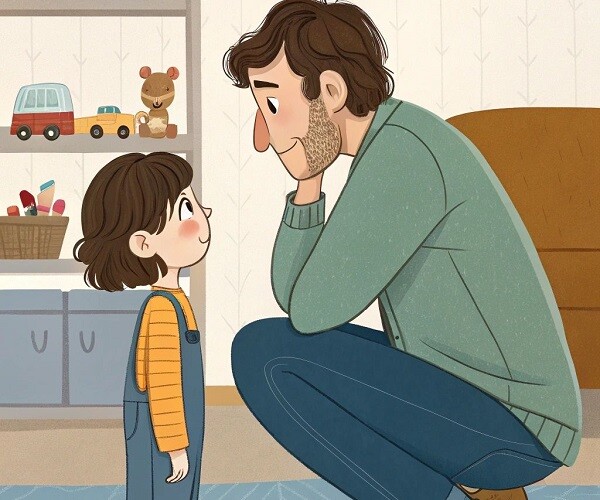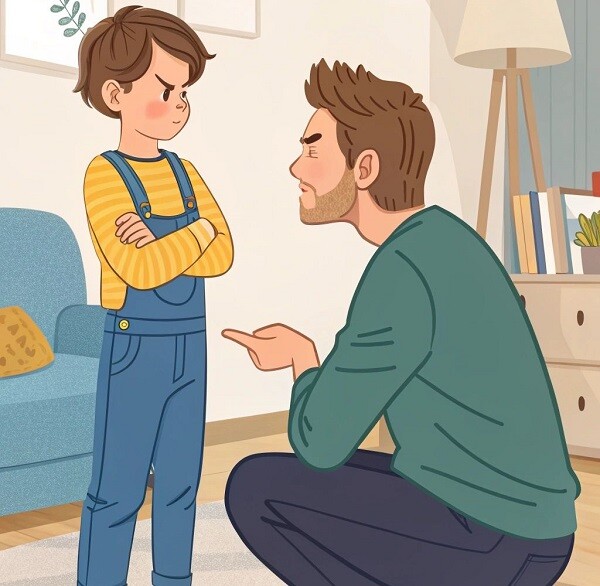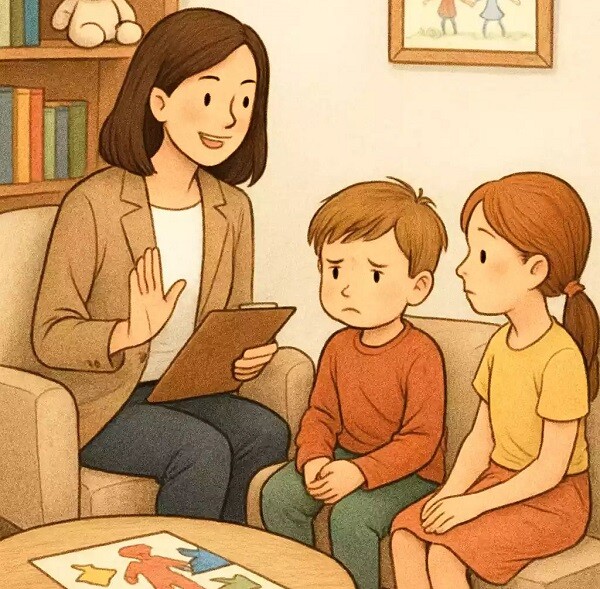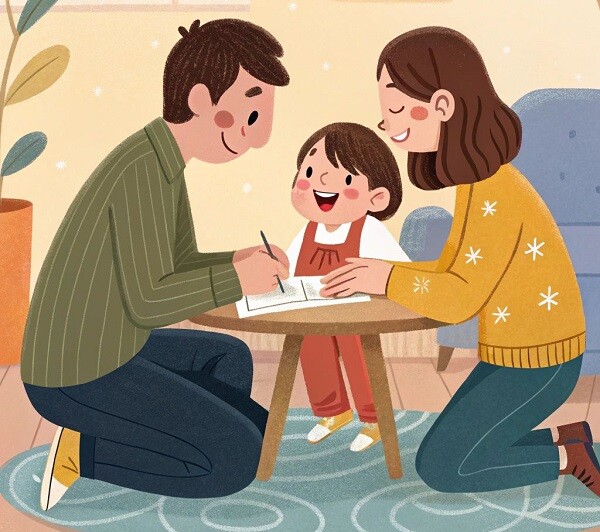If your child exhibits rebellious, defiant, or insecure behaviors, it could be a cry for help as what happens within the family can profoundly impact their psychological and emotional development.


Child Frequently Pretending to Be Ill
Some children often complain of stomachaches or headaches, but when taken to the hospital, no issues are found. Parents may think their child is pretending to be sick, but this could stem from sensing parental disharmony. Children are highly sensitive to their surroundings, and family tensions profoundly affect their psychology and health.
Anxiety and fear typically impact children’s digestion, sleep, and immune system through their nervous system, resulting in various “physical pains.” Simply put, when psychological stress goes unspoken, the child’s body “speaks up.” For instance, during a “cold war” between parents, children may experience insomnia due to prolonged repression. They don’t know how to express their emotions or relieve the built-up tension, which, if prolonged, can lead to health issues.

Child frequently pretending to be ill.

Child Frequently Causing Trouble and Defying Others
If your child suddenly acts out, refrain from scolding them. Instead, take time to understand their emotions and the reasons behind their behavior.
Parents should reflect on their family dynamics. Tensions, conflicts, or disharmony in the family can create an insecure atmosphere that children perceive. Young children often lack the verbal skills to express their fears or worries, and acting out may be their way of seeking attention or expressing inner turmoil.
When children sense their parents’ unhappiness, they may externalize these emotions as defiance, creating a vicious cycle: they act out to attract attention, and when scolded, they feel even more abandoned and unloved.

Child frequently causing trouble and defying others.
Additionally, when the family environment is unstable, children may feel insecure and unsure how to react. Acting out can be their attempt to gain some control in a situation they feel powerless to change.
To help your child through this phase, create a safe space for them to express their emotions. Engage in open conversations and encourage them to share their inner thoughts. Simultaneously, work on improving your marital relationship, as harmony between parents will foster a sense of security for your child.

Child Exhibits Emotional Instability and Easily Loses Their Temper
While arguments within a family are normal and inevitable, it’s crucial to consider how these disputes occur and affect your children. If parents fail to manage their emotions, conflicts can escalate, causing distress to their children.
In reality, children’s emotional fluctuations often mirror their parents’ underlying anger, resentment, or powerlessness. When parents cannot model healthy emotional regulation, children feel insecure and struggle to express similar emotions constructively.
Children may externalize their anxiety through behavior or even act defiantly to attract attention and express their inner turmoil.

A harmonious and loving family environment fosters healthy emotional and psychological development in children.
The “family systems theory” in psychology suggests that the family is a closely interconnected unit. When the parental relationship is imbalanced, children may unconsciously use problematic behaviors to divert conflict.
Some abnormal behaviors in children may appear rebellious, but they are actually attempts to salvage the family unit.
If your child exhibits any of the four rebellious behaviors mentioned, refrain from immediate correction. Instead, observe the family atmosphere first:
– Do the parents frequently engage in cold wars?
– During arguments, do they avoid each other or let their anger fester in front of the children?
– Do they project their dissatisfaction with their spouse onto their children?
Changes in children’s behavior often stem from fluctuations in the parental relationship. Children learn emotional management by observing their family. A harmonious and loving family environment is crucial for their healthy emotional and psychological growth.





























